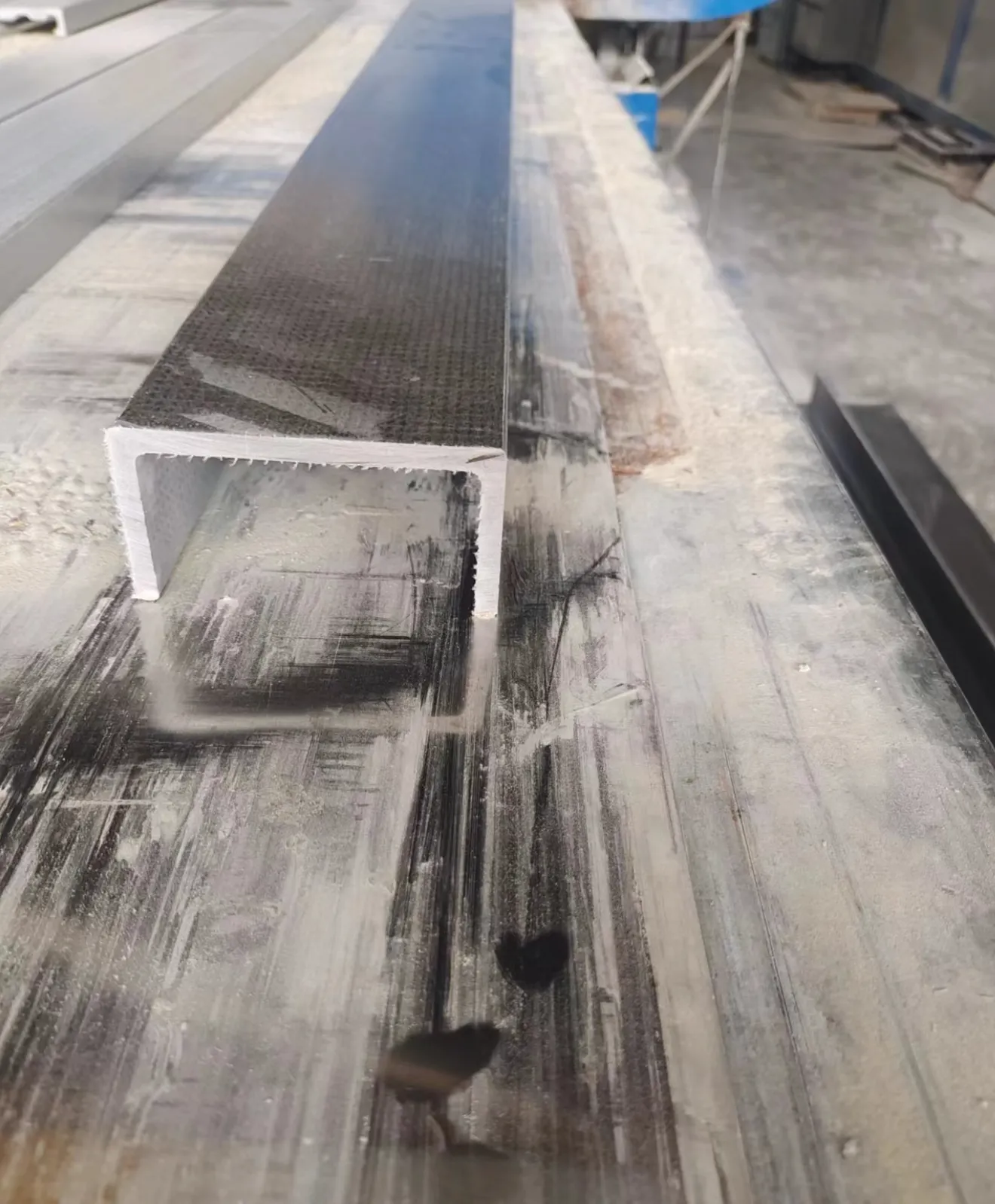loading...
- No. 9, Xingyuan South Street, Dongwaihuan Road, Zaoqiang County, Hengshui, Hebei, China
- admin@zjcomposites.com
- +86 15097380338
- Welcome to visit our website!
Durable Composite Tanks and Vessels for Enhanced Performance and Longevity
The Rise of Fibre Reinforced Plastic Tanks and Vessels
In the rapidly developing world of materials science, fibre reinforced plastics (FRP) have emerged as a revolutionary innovation, particularly in the manufacturing of tanks and vessels. These structures, made by combining plastic with fibrous materials like glass or carbon fibers, showcase exceptional properties that make them highly suitable for various industrial applications. This article delves into the advantages, applications, and future potential of FRP tanks and vessels.
Advantages of Fibre Reinforced Plastics
1. Corrosion Resistance One of the most significant benefits of FRP tanks is their outstanding resistance to corrosion. Unlike traditional metal tanks, which can deteriorate over time due to exposure to chemicals and environmental factors, FRP tanks maintain their integrity and performance, even when storing aggressive substances. This resistance extends the lifespan of the tanks, significantly lowering maintenance and replacement costs.
2. Lightweight Construction FRP is significantly lighter than metals like steel or aluminum, making it easier and more cost-effective to transport and install. The reduced weight also allows for the design of larger tanks without the need for extensive structural supports, enhancing their versatility in various applications.
3. Thermal Insulation The thermal insulation properties of FRP help in maintaining the temperature of the contents stored within the tanks. This is particularly crucial in processes involving temperature-sensitive materials, where fluctuations can lead to adverse outcomes.
4. Customizable Designs FRP materials can be molded into various shapes and sizes, enabling the creation of customized tanks and vessels tailored to specific requirements. This flexibility leads to optimized space utilization in facilities and enhanced operational efficiency.
5. Reduced Maintenance The durability and corrosion resistance of FRP tanks lead to significantly lower maintenance needs over their lifespans. This not only conserves resources but also minimizes downtime, allowing industries to maintain a steady operational flow.
Applications of FRP Tanks and Vessels
The versatility of FRP tanks and vessels allows their application in numerous industries, including
fibre reinforced plastic tanks and vessels

- Chemical Processing FRP’s resistance to corrosive substances makes it ideal for storing and transporting various chemicals, from acids to solvents. Many chemical facilities now rely on FRP tanks to safely contain these materials.
- Water and Wastewater Treatment FRP tanks are commonly used in sewage treatment plants as storage for treatment chemicals and effluents. Their non-reactive nature makes them ideal for handling contaminated materials, ensuring that the surrounding environment remains safe.
- Food and Beverage Industry In the food industry, FRP is utilized for storage tanks that require cleanliness and hygiene. The material's smooth surface makes it easy to clean, which is paramount in food processing applications.
- Agriculture FRP tanks are increasingly used in agriculture for storing fertilizers and pesticides. Their durability and resistance to the elements make them an attractive alternative to traditional storage solutions.
The Future of FRP Tanks and Vessels
As industries continue to evolve, the demand for FRP tanks and vessels is expected to grow. Continuous advancements in materials technology are set to enhance the performance characteristics of FRP, making it more cost-effective and environmentally friendly. For instance, the development of bio-based resins and fibers could lead to a more sustainable production process, aligning with global goals for reducing carbon footprints.
Moreover, innovations in manufacturing techniques, such as automated processes and 3D printing, promise to lower production costs and improve the quality and customization of FRP products. These developments could open doors to new applications across various sectors, further expanding the market for fibre reinforced plastic tanks and vessels.
Conclusion
Fibre reinforced plastic tanks and vessels represent a significant advancement in material engineering, offering numerous benefits that align with the needs of modern industries. As the trend towards sustainable and efficient solutions continues, FRP is poised to play a crucial role in shaping the future of storage and transport across various sectors. The combination of durability, customization, and cost-effectiveness makes FRP tanks an ideal choice for businesses looking to innovate while maintaining operational efficiency. With ongoing research and development, the full potential of fibre reinforced plastics has yet to be realized, promising an exciting future for their use in tanks and vessels.
-
GRP Structures: The Future of Lightweight, High-Performance EngineeringNewsJun.20,2025
-
FRP Water Tank: High-Performance Storage for Corrosive and Clean Water SystemsNewsJun.20,2025
-
FRP Square Tube: The New Industry Standard for Chemical and Structural ApplicationsNewsJun.20,2025
-
FRP Pultruded Profiles: The Ultimate Choice for Lightweight Structural StrengthNewsJun.20,2025
-
FRP Handrails: The Safer, Smarter, and Stronger Choice for Modern InfrastructureNewsJun.20,2025
-
FRP Grating: The Smart Solution for Durable, Lightweight Industrial FlooringNewsJun.20,2025
-
Why Choose a Galvanized Water Tank for Your Storage NeedsNewsMay.21,2025
